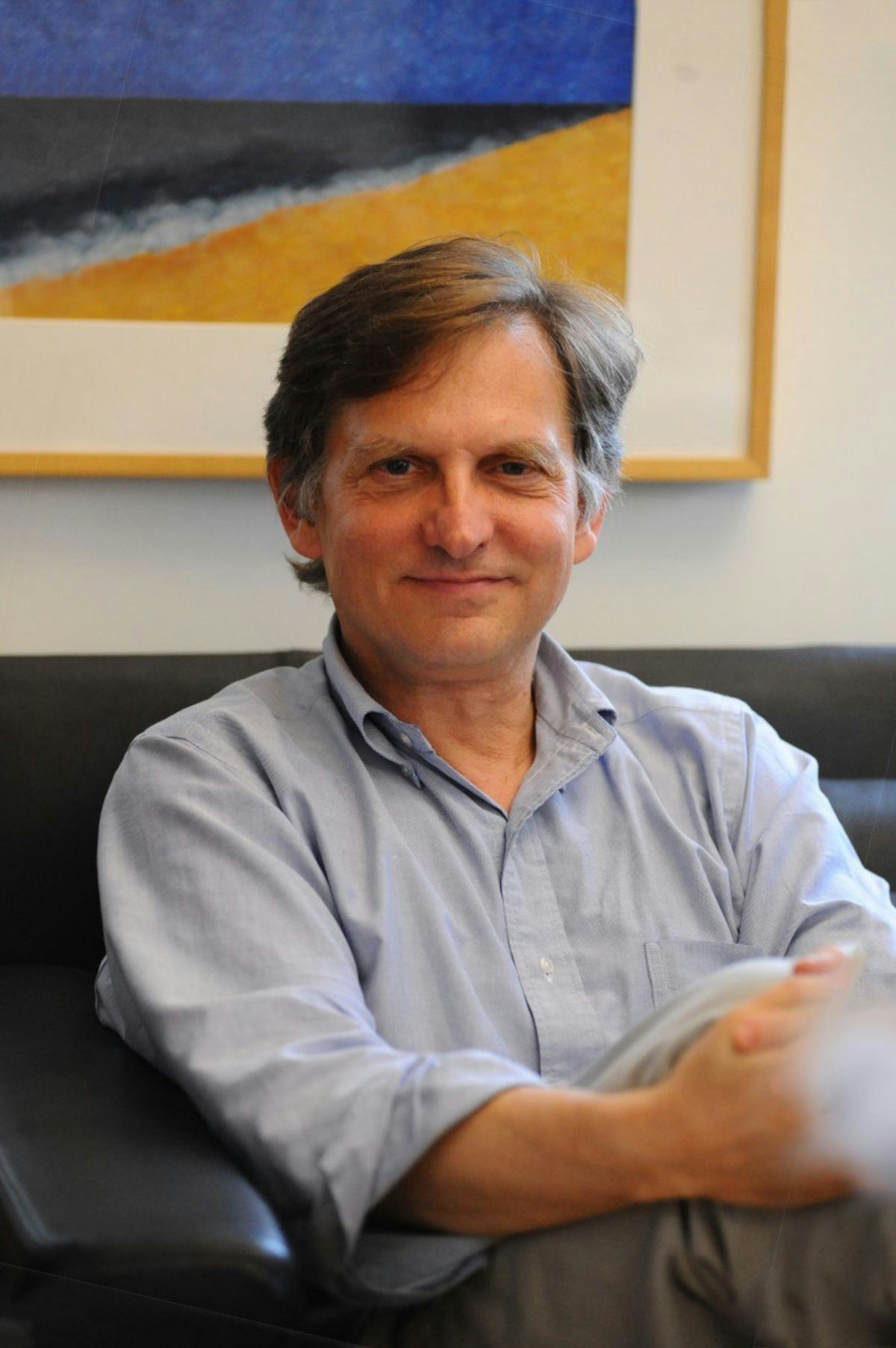The era of the coronavirus global pandemic has been among the most challenging periods in recent memory for Stevens and for society at large. As a community of scholars and academics, we strive to advance understanding of this experience for our students and for ourselves. To this end, President Nariman Farvardin initiated The President's Special Lecture Series on Pandemics for the 2020-21 academic year. The series will feature lectures by a wide range of distinguished intellectuals on the scientific, technological, historical, political, cultural, and economic aspects of pandemics.
Building a Global Public Health Consortium
W. Ian Lipkin, MDW. Ian Lipkin, MD
Director of the Center for Infection and Immunity in the Mailman School of Public Health and the John Snow Professor of Epidemiology, Columbia University
WEDNESDAY, FEBRUARY 17, 2021, 4:00 - 5:15 P.M. EST VIRTUAL ZOOM WEBINAR
ABSTRACT: COVID-19 has exposed our vulnerability to pandemic risk and the urgency of addressing the challenges of climate change, food security and the viral dissemination of misinformation. New molecular diagnostic platforms; investments in wildlife, domestic animal, and human microbial surveillance; and the advent of social media tools that mine the internet for clues to outbreaks of infectious disease are all proving invaluable in early recognition of threats to public health.However, inequities in the distribution of resources required for diagnostics and discovery, as well as lack of trust and transparency, remain threats to biosecurity. To address these challenges, we are establishing a global public health consortium comprising ministries of health and academic institutions. This collaborative global program will focus on creating an infectious disease epidemiology network and has three main objectives: (1) develop a model realizing and extending the goals of the International Health Regulations established by the World Health Organization (WHO) in 2005 by providing inexpensive, rapid tools for diagnosis discovery and surveillance of infectious diseases, (2) identify and prioritize infectious agents based on pandemic risk and (3) share data and build the infrastructure needed to produce, validate and implement drugs and vaccines to reduce morbidity and mortality.
BIOGRAPHY: Ian Lipkin is the director of the Center for Solutions for ME/CFS, the John Snow Professor of Epidemiology at the Columbia University Vagelos College of Physicians and Surgeons, and the director of the Center for Infection and Immunity with the Mailman School of Public Health at Columbia University.He is internationally recognized for his contributions to global public health through the innovative methods he has developed for infectious diseases diagnosis, surveillance and discovery. Most notably, he had the first use of subtractive cloning in microbial discovery and the first use of next-generation sequencing for investigating outbreaks, and he developed gene capture technologies, including VirCapSeq-VERT and BacCapSeq, as well as multiplexed serological assays to detect vector-borne diseases. These advances have been critical in replacing culture-dependent methods of global health management by creating new criteria for disease causation and de-linking spurious associations between putative agents and diseases. Such examples include refuting the MMR vaccine having a role in autism and XMRV in ME/CFS.Dr. Lipkin has been at the forefront of response to many of the world’s recent disease outbreaks, including West Nile virus in NYC (1999), SARS in China (2003), MERS in Saudi Arabia (2012-16), Zika in the U.S. (2016), encephalitis in India (2017), and COVID-19 (2020).He went to China in late January 2020 to consult with colleagues at the China CDC during the early assessment of the SARS-CoV-2 outbreak and contracted the virus via community transmission in March. During the summer of 2020, Dr. Lipkin consulted the Democratic National Convention Committee on testing protocols and site safety during the DNC event. He promotes public health awareness via print and broadcast media and served as the scientific advisor for the 2011 Steven Soderbergh film, Contagion.Some of his most prestigious honors include being named a Pew Scholar (Biomedical Sciences) and a Walter Reed Distinguished Lecturer; receiving the Drexel Prize in Translational Medicine, the Mendel Medal (Villanova University), and the International Science and Technology Cooperation Award of the Peoples Republic of China, as well as being named a recipient of an award of appreciation given by the Chinese government in the 70th anniversary of the People’s Republic of China for his service to the country during the SARS epidemic, along with the subsequent scientific support he has given since.
ATTENDANCE: This event is open to all Stevens students, faculty, staff, alumni, and invited guests.
